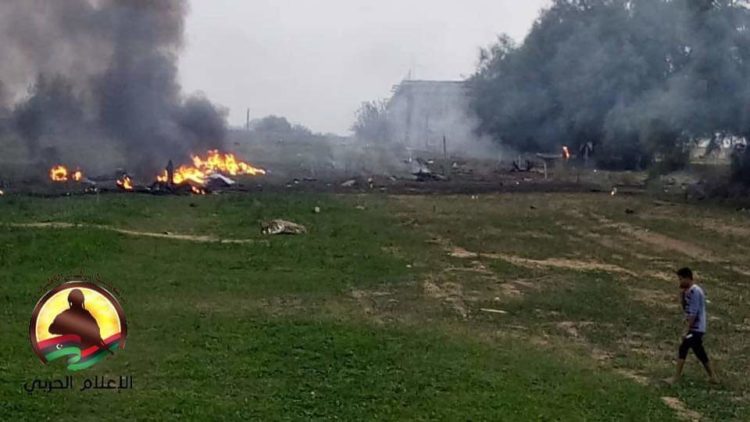
Ali Zeidan, a human rights lawyer and activist, was elected by the 200-strong Libyan General Congress as Interim Prime Minister for a transitional period of about 18 months.
Ali Zeidan, who was supported by the Liberal block within the Libyan Congress led by the National Forces Alliance of Mahmoud Jibril, won 93 votes while his challenger, Mohamed Alharari, who was supported by the Islamists’ bloc, got 85 votes.
Ali Zeidan was born in 1950 and served as a diplomat for Libya during the 1970s. He defected in 1980 while serving in India under Ambassador Mohamed Yousef el-Magariaf, who defected too. Both men along other dissidents formed the National Front for the Salvation of Libya in 1981.
Zidan was elected as an independent for Jufra in the 2012 Congressional election and was a strong contender for the position of Speaker of Congress for which Mohamed el-Magariaf was ultimately selected.
Zeidan’s first task as Prime Minister will be to form a cabinet. He will have to avoid the mistakes of his predecessor, Mustafa Abu Shagour, who failed to gain the support of all the Libyan factions to the two cabinets of technocrats he proposed, and who was discharged after less than a month in the position.
Commentators believe that Ali Zeidan, a former career diplomat, is smart enough to engage consultations with all key players in Libya’s political sphere, including with the Islamists who did not vote for him and who may try to undermine his efforts unless he puts them on his side and involves them as partners in his government.
These commentators expect him to pick his ministers from various political trends, various tribes and various regions to please all factions represented within the Congress.
In addition to that, the former independent congressman, described by some local observers as a strong-minded liberal, a strong leader, a bright diplomat, and a smart politician, is said to have negotiating skills that are likely to help him convince his most obstinate interlocutors.
This former opposition figure who spent three decades in exile in Geneva gained further esteem among Libyan politicians as he helped drum up international support for the revolution against the Khaddafi regime, especially in Europe.
During the upheaval against Khaddafi, Zeidan actually served as the National Transitional Council’s Europe envoy, and is credited as having played a key role in persuading the then French President Nicolas Sarkozy to support the anti-Khaddafi forces.
He is very likely going to gain the Congress’s approval to his cabinet, provided that he ensures large political participation and geographical and ethnical representation in his government in addition to appointing competent and skilled ministers up to the challenges facing the North African country.
Analysts fear however that the new Prime Minister is most likely to face the armed militias, usually affiliated to Islamist groups, which are still detaining millions of weapons and threatening the security situation in the country.
Actually, in his address before the Congress, Ali Zeidan said restoring security in the country will be on top of his priorities, underscoring the urgent need to promote reconciliation between different factions, towns and tribes in the country.
Ali Zeidan has two weeks to submit his proposed new government to the Congress for approval. But whatever tough the negotiations are expected to be, he is believed to be the man of the situation who will most likely succeed to form a homogenous and representative government.


